Beauty News
Clear skies & clear noses: A natural guide to hay fever relief
Spring is in the air, and while many of us welcome longer days and blooming gardens, those with hay fever know that seasonal allergies can cast a shadow over this beautiful time of year. In this post, we’ll explore how to mitigate hay fever symptoms using natural remedies—from essential oils and herbal solutions to home-based lifestyle tweaks—so you can enjoy the season to the fullest.
Understanding Hay Fever
Hay fever, or allergic rhinitis, occurs when the immune system overreacts to pollen particles and other airborne irritants. When pollen is inhaled, the body releases histamines—chemical messengers that cause inflammation, leading to symptoms such as:
-
Sneezing and a runny or stuffy nose
-
Itchy, watery eyes
-
Irritated throat and ears
-
Headaches and sinus pressure
While other seasonal allergies also create discomfort, hay fever is particularly notorious because the culprits are often invisible and can travel long distances, infiltrating even indoor spaces through open windows and doors.

Why Consider Natural Remedies?
Many people seek alternatives to conventional antihistamines due to side effects like drowsiness, blurred vision, or digestive discomfort. Natural remedies offer a gentler approach by targeting the root causes of inflammation and supporting overall immune function—without interfering with your daily routine.
Incorporating natural methods can also help prepare your body in advance for allergy season. Whether you’re interested in herbal teas, essential oils, or home remedies like saline nasal irrigation, these strategies can work together to build a holistic defense against hay fever symptoms.
Natural Remedies for Hay Fever
Essential Oils and Aromatherapy
Eucalyptus Oil
Known for its decongestant properties, eucalyptus oil can help clear nasal passages and relieve respiratory discomfort. Use it in steam inhalations: add a few drops to a bowl of hot water, cover your head with a towel, and breathe deeply to allow the steam to work its magic.
Peppermint and Lavender Oils
Peppermint oil helps cool the nasal passages, providing relief from irritation, while lavender oil is renowned for its calming effect, reducing stress—an important factor when managing allergy symptoms. You can blend these oils in a diffuser to create an environment that promotes easier breathing and relaxation.
Herbal Allies
Nettle (Urtica dioica)
Stinging nettle is a traditional antihistamine celebrated for its natural ability to reduce inflammation. Enjoy nettle tea by steeping fresh or dried nettle leaves in boiling water, optionally adding a slice of lemon for a tangy, soothing blend.
Butterbur (Petasites hybridus)
Some studies suggest that butterbur can help lessen nasal symptoms such as congestion and sneezing. While the evidence is still evolving, butterbur may offer a natural alternative to traditional antihistamines. Always consult your healthcare provider before starting a new supplement, as butterbur needs careful preparation to avoid potential toxins.
Chamomile
A gentle herb with natural anti-inflammatory properties, chamomile can provide much-needed comfort during peak allergy season. For a soothing herbal inhalation, brew a strong chamomile tea, cover your head with a towel, and inhale the gentle steam.

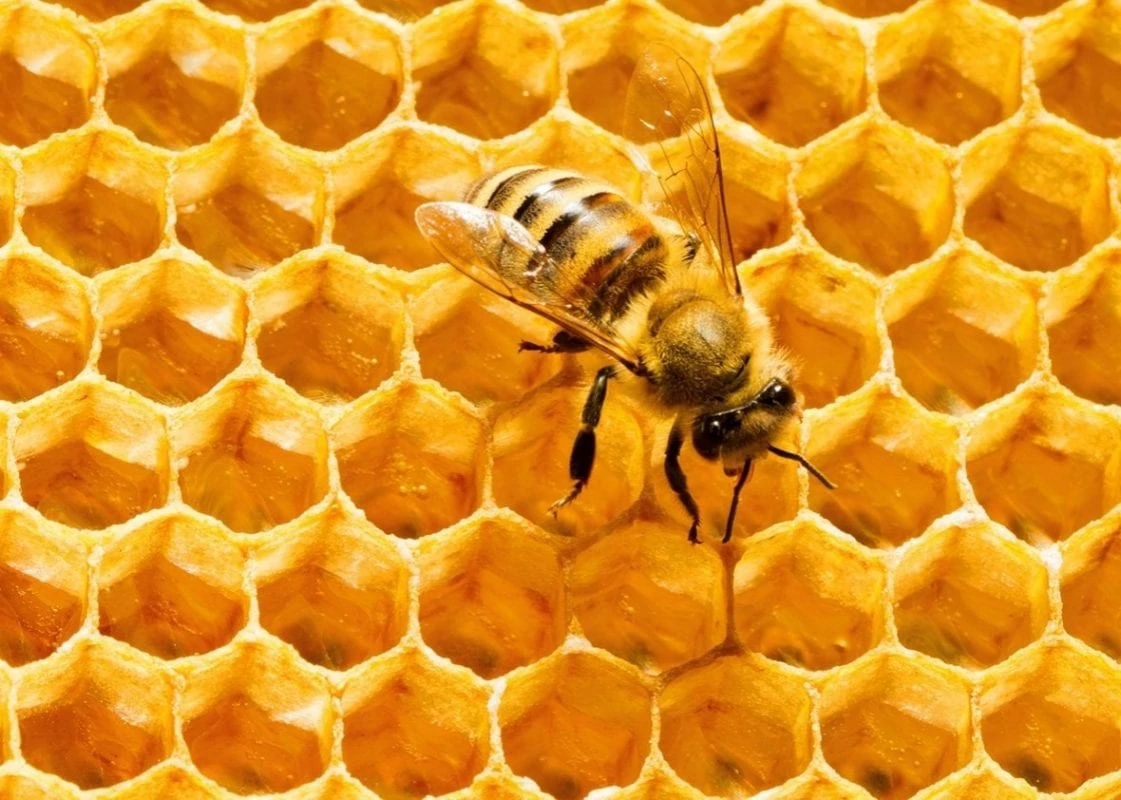
Home-Based Remedies and Lifestyle Tips
Saline Nasal Irrigation
Using a saline solution to flush the nasal passages can clear out allergens, mucus, and irritants that accumulate during high pollen days. You can make your own saline solution at home or purchase a ready-to-use nasal rinse kit. Lean over a sink, tilt your head to one side, and gently rinse each nostril to decrease inflammation and clear blockages.
Air Quality Enhancements
Indoor air can be just as polluted as the outdoor environment during pollen season. Incorporating a HEPA filter into your HVAC system or using a portable air purifier can help trap airborne allergens, reducing their presence in your home. Remember to keep windows closed during high pollen days to further minimize exposure.
Dietary Considerations
Certain foods and nutrients may assist your immune system in battling hay fever symptoms.
-
Vitamin C: Acts as a natural antihistamine. Include citrus fruits, bell peppers, and leafy greens in your diet.
-
Ginger: Fresh ginger can be brewed into a tea, offering anti-inflammatory benefits that support respiratory function.
-
Local Honey: While scientific evidence remains mixed, some people find that consuming locally produced honey may help build a tolerance to regional pollen.
Probiotics and Immune Health
Emerging research suggests that maintaining a balanced gut microbiome through probiotics can regulate immune responses and alleviate allergy symptoms. Consider adding probiotic-rich foods like yogurt, kefir, or fermented vegetables to support overall well-being during allergy season.
Integrating a Holistic Approach
While each remedy offers its own benefits, the real power lies in their integration. Establish a daily routine that includes:
-
Morning: Start your day with a warm cup of ginger tea and a brief session of deep breathing with a diffuser blend of eucalyptus and peppermint oil.
-
Afternoon: Incorporate a nutritious meal rich in vitamin C and enjoy a refreshing nettle tea.
-
Evening: Wind down with a chamomile steam inhalation or prepare a saline nasal rinse to clear your airways before sleep.
By adopting a holistic lifestyle, you create a multi-layered defense system that not only reduces hay fever symptoms but also supports your overall health.
Safety and Expert Guidance
While natural remedies offer many benefits, it’s important to remember that they may not be suitable for everyone. Always:
-
Consult with a healthcare provider before starting new supplements or treatments, especially if you have chronic conditions or are taking other medications.
-
Use essential oils with caution, ensuring proper dilution and performing a patch test before widespread application.
-
Monitor your symptoms closely. Severe or sudden allergic reactions require prompt professional attention.
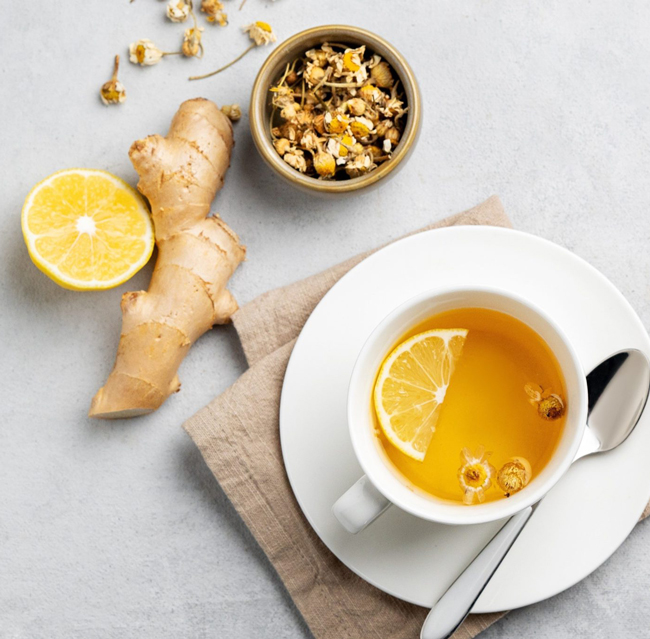
Conclusion
Hay fever doesn’t have to dictate your enjoyment of the season. With natural remedies and a few lifestyle adjustments, you can significantly reduce your symptoms and reclaim your springtime joy. Whether you choose essential oils, herbal infusions, or home-based treatments like saline nasal irrigation, each strategy offers a stepping stone toward a more comfortable, allergy-resilient life.

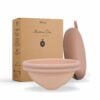
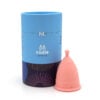





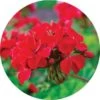


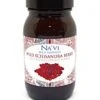



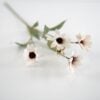
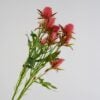
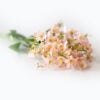
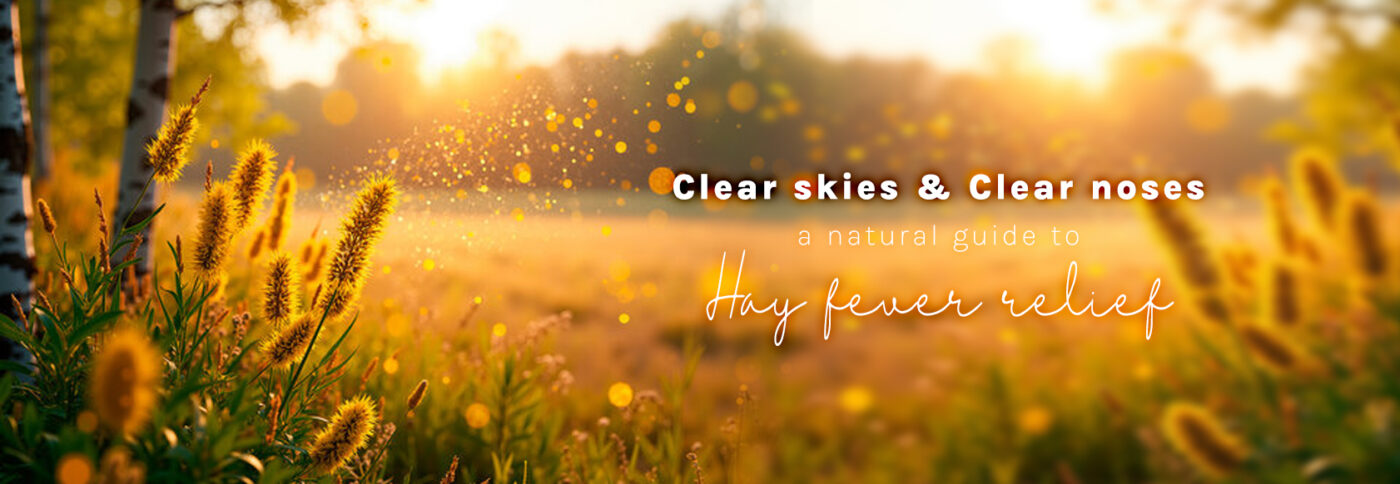
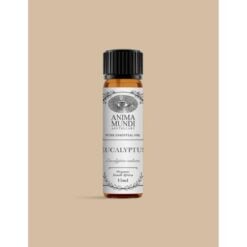
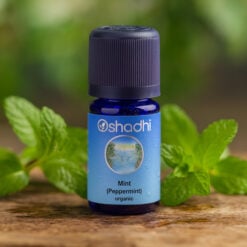

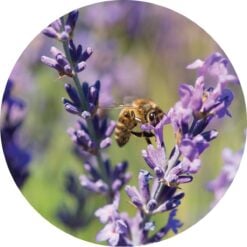


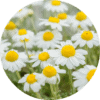



 Beauty Products
Beauty Products By Skintype
By Skintype Brands A-Z
Brands A-Z Wellness
Wellness Health / Nutrition
Health / Nutrition